Russ Allbery: Review: A Half-Built Garden
Review: A Half-Built Garden, by Ruthanna Emrys
The climate apocalypse has happened. Humans woke up to the danger, but a
little bit too late. Over one billion people died. But the world on the
other side of that apocalypse is not entirely grim. The corporations
responsible for so much of the damage have been pushed out of society and
isolated on their independent "aislands," traded with only grudgingly for
the few commodities the rest of the world has not yet learned how to
manufacture without them. Traditional governments have largely collapsed,
although they cling to increasingly irrelevant trappings of power. In
their place arose the watershed networks: a new way of living with both
nature and other humans, built around a mix of anarchic consensus and
direct democracy, with conservation and stewardship of the natural
environment at its core.
Therefore, when the aliens arrive near Bear Island on the Potomac River,
they're not detected by powerful telescopes and met by military jets.
Instead, their waste sets off water sensors, and they're met by the two
women on call for alert duty, carrying a nursing infant and backed by the
real-time discussion and consensus technology of the watershed's dandelion
network. (Emrys is far from the first person to name something a
"dandelion network," so be aware that the usage in this book seems
unrelated to the charities or blockchain network.)
This is a first contact novel, but it's one that skips over the typical
focus of the subgenre. The alien Ringers are completely fluent in English
down to subtle nuance of emotion and connotation (supposedly due to
observation of our radio and TV signals), have translation devices, and in
some cases can make our speech sounds directly. Despite significantly
different body shapes, they are immediately comprehensible; differences
are limited mostly to family structure, reproduction, and social norms.
This is Star Trek first contact, not the type more typical of
written science fiction. That feels unrealistic, but it's also obviously
an authorial choice to jump directly to the part of the story that Emrys
wants to write.
The Ringers have come to save humanity. In their experience,
technological civilization is inherently incompatible with planets.
Technology will destroy the planet, and the planet will in turn destroy
the species unless they can escape. They have reached other worlds
multiple times before, only to discover that they were too late and
everyone is already dead. This is the first time they've arrived in time,
and they're eager to help humanity off its dying planet to join them in
the Dyson sphere of
space habitats they are constructing. Planets, to them, are a nest and a
launching pad, something to eventually abandon and break down for spare
parts.
The small, unexpected wrinkle is that Judy, Carol, and the rest of their
watershed network are not interested in leaving Earth. They've finally
figured out the most critical pieces of environmental balance. Earth is
going to get hotter for a while, but the trend is slowing. What they're
doing is working. Humanity would benefit greatly from Ringer technology
and the expertise that comes from managing closed habitat ecosystems, but
they don't need rescuing.
This goes over about as well as a toddler saying that playing in the road
is perfectly safe.
This is a fantastic hook for a science fiction novel. It does exactly
what a great science fiction premise should do: takes current concerns
(environmentalism, space boosterism, the debatable primacy of humans as a
species, the appropriate role of space colonization, the tension between
hopefulness and doomcasting about climate change) and uses the freedom of
science fiction to twist them around and come at them from an entirely
different angle.
The design of the aliens is excellent for this purpose. The Ringers are
not one alien species; they are two, evolved on different planets in the
same system. The plains dwellers developed space flight first and went to
meet the tree dwellers, and while their relationship is not entirely
without hierarchy (the plains dwellers clearly lead on most matters), it's
extensively symbiotic. They now form mixed families of both species, and
have a rich cultural history of stories about first contact, interspecies
conflicts and cooperation, and all the perils and misunderstandings that
they successfully navigated. It makes their approach to humanity more
believable to know that they have done first contact before and are
building on a model. Their concern for humanity is credibly sincere. The
joining of two species was wildly successful for them and they truly want
to add a third.
The politics on the human side are satisfyingly complicated. The
watershed network may have made first contact, but the US government (in
the form of NASA) is close behind, attempting to lean on its widely
ignored formal power. The corporations are farther away and therefore
slower to arrive, but the alien visitors have a damaged ship and need
space to construct a subspace beacon and Asterion is happy to offer a site
on one of its New Zealand islands. The corporate representatives are
salivating at the chance to escape Earth and its environmental regulation
for uncontrolled space construction and a new market of trillions of
Ringers. NASA's attitude is more measured, but their representative is
easily persuaded that the true future of humanity is in space. The work
the watershed networks are doing is difficult, uncertain, and involves a
lot of sacrifice, particularly for corporate consumer lifestyles. With
such an attractive alien offer on the table, why stay and work so hard for
an uncertain future? Maybe the Ringers are right.
And then the dandelion networks that the watersheds use as the core of
their governance and decision-making system all crash.
The setup was great; I was completely invested. The execution was more
mixed. There are some things I really liked, some things that I thought
were a bit too easy or predictable, and several places where I wish Emrys
had dug deeper and provided more detail. I thought the last third of the
book fizzled a little, although some of the secondary characters Emrys
introduces are delightful and carry the momentum of the story when the
politics feel a bit lacking.
If you tried to form a mental image of ecofeminist political science
fiction with 1970s utopian sensibilities, but updated for the concerns of
the 2020s, you would probably come very close to the politics of the
watershed networks. There are considerably more breastfeedings and diaper
changes than the average SF novel. Two of the primary characters are
transgender, but with very different experiences with transition. Pronoun
pins are an ubiquitous article of clothing. One of the characters has a
prosthetic limb. Another character who becomes important later in the
story codes as autistic. None of this felt gratuitous; the characters do
come across as obsessed with gender, but in a way that I found believable.
The human diversity is well-integrated with the story, shapes the
characters, creates practical challenges, and has subtle (and sometimes
not so subtle) political ramifications.
But, and I say this with love because while these are not quite my people
they're closely adjacent to my people, the social politics of this book
are a very specific type of white feminist collaborative utopianism. When
religion makes an appearance, I was completely unsurprised to find that
several of the characters are Jewish. Race never makes a significant
appearance at all. It's the sort of book where the throw-away references
to other important watershed networks includes African ones, and the
characters would doubtless try to be sensitive to racial issues if they
came up, but somehow they never do. (If you're wondering if there's
polyamory in this book, yes, yes there is, and also I suspect you know
exactly what culture I'm talking about.)
This is not intended as a criticism, just more of a calibration. All
science fiction publishing houses could focus only on this specific
political perspective for a year and the results would still be dwarfed by
the towering accumulated pile of thoughtless paeans to capitalism.
Ecofeminism has a long history in the genre but still doesn't show up in
that many books, and we're far from exhausting the space of possibilities
for what a consensus-based politics could look like with extensive
computer support. But this book has a highly specific point of view,
enough so that there won't be many thought-provoking surprises if you're
already familiar with this school of political thought.
The politics are also very earnest in a way that I admit provoked a bit of
eyerolling. Emrys pushes all of the political conflict into the contrasts
between the human factions, but I would have liked more internal
disagreement within the watershed networks over principles rather than
tactics. The degree of ideological agreement within the watershed group
felt a bit unrealistic. But, that said, at least politics truly matters
and the characters wrestle directly with some tricky questions. I would
have liked to see more specifics about the dandelion network and the exact
mechanics of the consensus decision process, since that sort of thing is
my jam, but we at least get more details than are typical in science
fiction. I'll take this over cynical
libertarianism any day.
Gender plays a huge role in this story, enough so that you should avoid
this book if you're not interested in exploring gender conceptions. One
of the two alien races is matriarchal and places immense social value on
motherhood, and it's culturally expected to bring your children with you
for any important negotiation. The watersheds actively embrace this, or
at worst find it comfortable to use for their advantage, despite a few
hints that the matriarchy of the plains aliens may have a very serious
long-term demographic problem. In an interesting twist, it's the
mostly-evil corporations that truly challenge gender roles, albeit by
turning it into an opportunity to sell more clothing.
The Asterion corporate representatives are, as expected, mostly the
villains of the plot: flashy, hierarchical, consumerist, greedy, and
exploitative. But gender among the corporations is purely a matter of
public performance, one of a set of roles that you can put on and off as
you choose and signal with clothing. They mostly use neopronouns, change
pronouns as frequently as their clothing, and treat any question of body
plumbing as intensely private. By comparison, the very 2020 attitudes of
the watersheds towards gender felt oddly conservative and essentialist,
and the main characters get flustered and annoyed by the ever-fluid
corporate gender presentation. I wish Emrys had done more with this.
As you can tell, I have a lot of thoughts and a lot of quibbles. Another
example: computer security plays an important role in the plot and was
sufficiently well-described that I have serious questions about the system
architecture and security model of the dandelion networks. But, as with
decision-making and gender, the more important takeaway is that Emrys
takes enough risks and describes enough interesting ideas that there's a
lot of meat here to argue with. That, more than getting everything right,
is what a good science fiction novel should do.
A Half-Built Garden is written from a very specific political
stance that may make it a bit predictable or off-putting, and I thought
the tail end of the book had some plot and resolution problems, but
arguing with it was one of the more intellectually satisfying science
fiction reading experiences I've had recently. You have to be in the
right mood, but recommended for when you are.
Rating: 7 out of 10
| Publisher: | Tordotcom |
| Copyright: | 2022 |
| ISBN: | 1-250-21097-6 |
| Format: | Kindle |
| Pages: | 340 |
 With the end of the year approaching fast, I thought putting my year in
retrospective via music would be a fun thing to do.
Albums
In 2022, I added 51 new albums to my collection nearly one a week! I listed
them below in the order in which I acquired them.
I purchased most of these albums when I could and borrowed the rest at
libraries. If you want to browse though, I added links to the album covers
pointing either to websites where you can buy them or to Discogs when digital
copies weren't available
With the end of the year approaching fast, I thought putting my year in
retrospective via music would be a fun thing to do.
Albums
In 2022, I added 51 new albums to my collection nearly one a week! I listed
them below in the order in which I acquired them.
I purchased most of these albums when I could and borrowed the rest at
libraries. If you want to browse though, I added links to the album covers
pointing either to websites where you can buy them or to Discogs when digital
copies weren't available











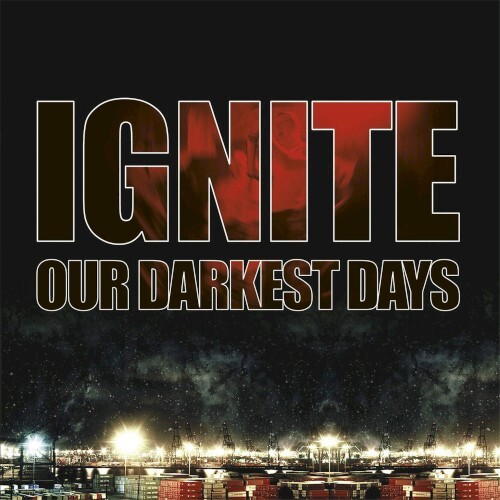


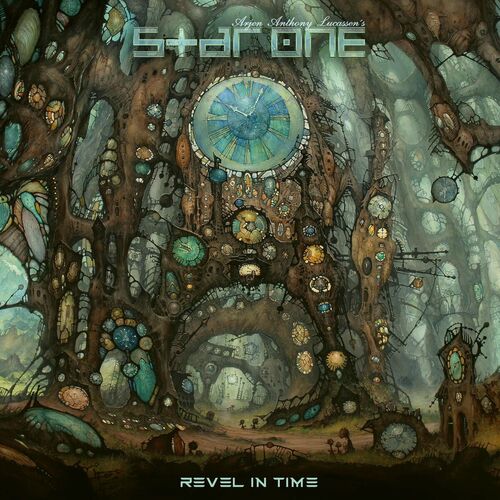
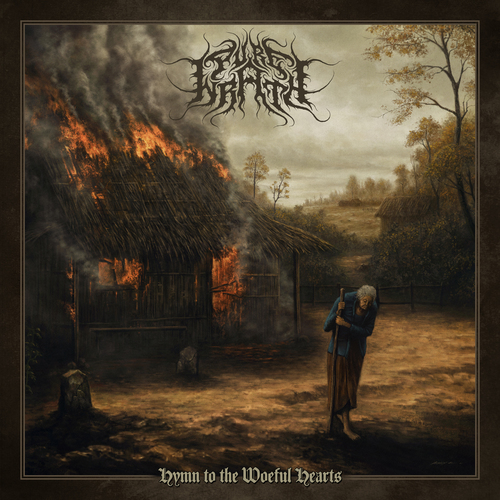

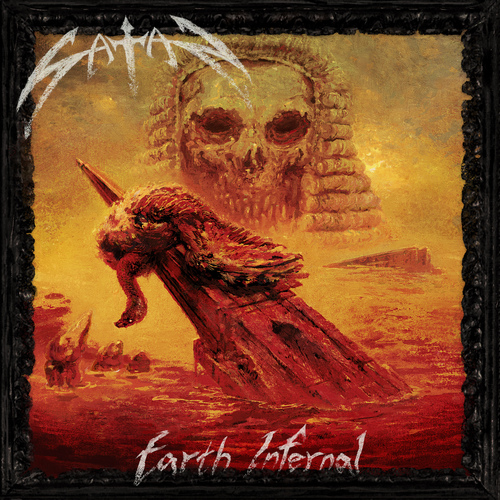


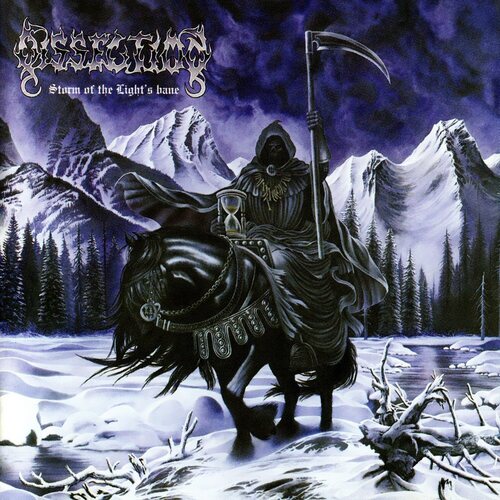



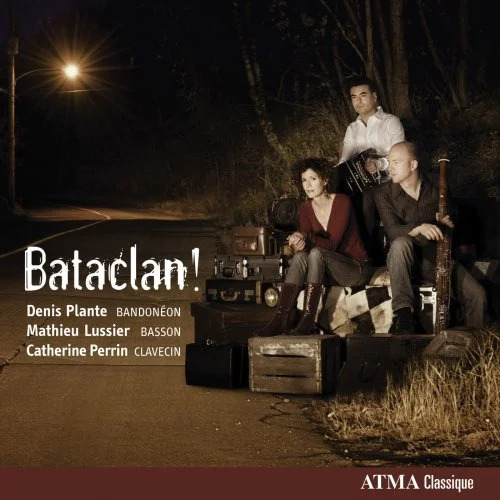








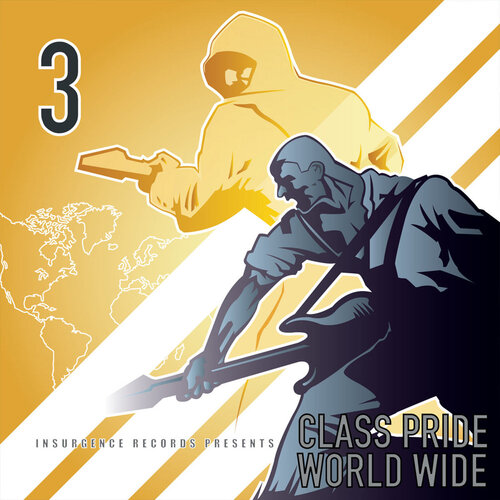







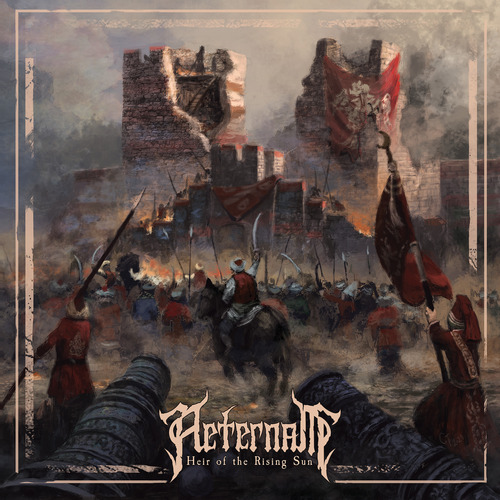

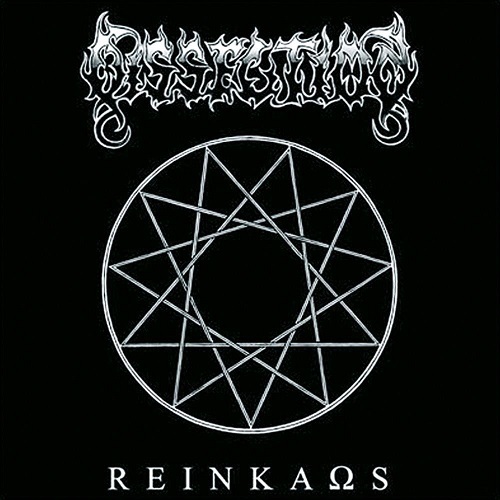






 After I mentioned that
After I mentioned that  Following up with
Following up with  Russ Allbery has written up summaries of the research he's done in
preparation of a Debian Technical Committee vote on default init
system in Debian's next release. The mails are long, and well worth
reading completely if the topic interests you at all, but I'd like to
quote separately a few paragraphs that I found thoughtful, and
inspiring, in the greater Debian context and not just for the init
system discussion.
From
Russ Allbery has written up summaries of the research he's done in
preparation of a Debian Technical Committee vote on default init
system in Debian's next release. The mails are long, and well worth
reading completely if the topic interests you at all, but I'd like to
quote separately a few paragraphs that I found thoughtful, and
inspiring, in the greater Debian context and not just for the init
system discussion.
From

 Having invested in some introspection into my
Having invested in some introspection into my 
 Following suggestions by some other
Following suggestions by some other  I just made my
I just made my  I would like to suggest to my readers to ask airplane crews for
explanations of their rules. If we can get a larger number of
people to inquire about the reasons behind the do s and dont s on
airplanes, maybe the airline companies will adopt the practice.
In the context of a previous post on
I would like to suggest to my readers to ask airplane crews for
explanations of their rules. If we can get a larger number of
people to inquire about the reasons behind the do s and dont s on
airplanes, maybe the airline companies will adopt the practice.
In the context of a previous post on